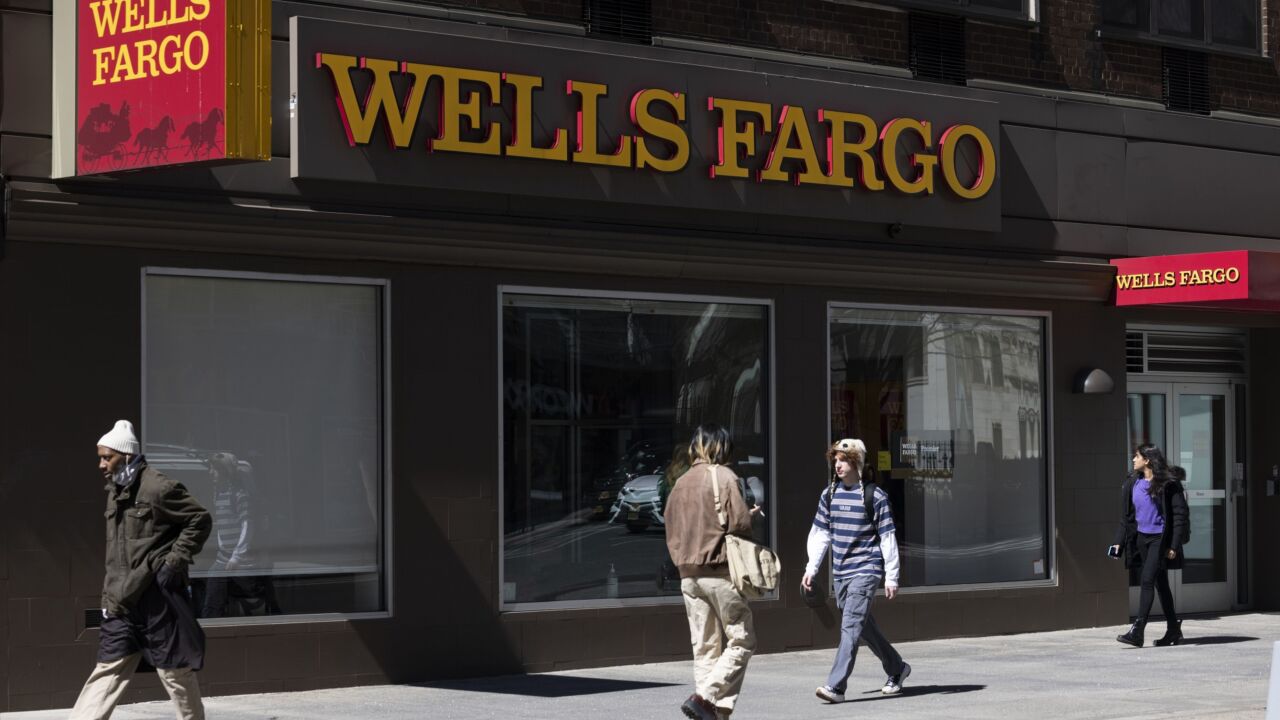-
Popular Inc. (BPOP) in San Juan, Puerto Rico, has received regulatory approval to exit the Troubled Asset Relief Program.
June 19 -
How Popular's decision to sell operations in California, Illinois and central Florida fit into the plans of three community banks looking to grow.
April 23 -
Richard Carrión's loss is Popular's gain. He would have stepped down as CEO of the Puerto Rico bank had he won the presidency of the International Olympic Committee, but he lost to Germany's Thomas Bach.
September 10 -
The company claims in a lawsuit against the Puerto Rican government that the territory could lose "a major lender in the Puerto Rico housing market" if it is denied a $230 million tax refund.
June 5 -
Puerto Rico's banks are stronger than before, but are they strong enough?
February 25
Popular Inc. (BPOP) faces an uncertain future even as it puts some of its past behind it by exiting the Troubled Asset Relief Program.
The San Juan, Puerto Rico, company
Approval of Popular's Tarp repayment shows that regulators have confidence in the company, says Alexander Twerdahl, an analyst at Sandler O'Neill. The approval also indicates that the company likely performed well in its recently completed regulatory stress test. The repayment should also boost earnings and get rid of restrictions that came with still being in Tarp, such as limited dividends and share repurchases.
"Most of the executive management has been focused on conversations with regulators about this Tarp investment," says Taylor Brodarick, an analyst at Guggenheim Securities. "It's the first thing that comes up when talking about the company. You can talk about their operating metrics but people always come back to 'but they have this big Tarp investment.'"
Popular is expected to focus more of its efforts on streamlining its U.S. operations by completing the
"We think we've made it very clear that we are focusing on the New York metro and Miami-south Florida markets," says Richard Carri-n, Popular's chairman and chief executive. "We have an extremely good market position in Puerto Rico so once the economy starts moving again, that should put a lot of wind in our sails."
Popular has the name recognition to capitalize on the growing markets of New York and south Florida, Carri-n adds.
In the past, the company has focused on marketing to Puerto Ricans who have immigrated to the mainland, but it found that "you don't need to have that connectivity to the island so it remains to be seen what their strategy will be," Brodarick says.
Popular could also decide to hire more lenders, though the company hasn't expressed a need to do that yet, says Brian Klock, an analyst at Keefe Bruyette & Woods.
The company is looking to expand through organic growth but would also be open to "some nonorganic opportunities," Carri-n says. Still, there "is absolutely nothing on the table right now" in terms of potential deals, he adds.
"We are really focused on getting the three sales transactions done before we start thinking about that," he says. "If an opportunity comes along we will definitely take a look at it though."
Completing any deal might be tough for Popular in the near term as its stock price trades below tangible book value, Klock says. Rather, it could make more sense for the company to focus on stock repurchases or paying dividends until its currency improves.
Another issue is the stalled Puerto Rican economy. The unemployment rate has hovered around 14%, which is more than twice that of the U.S. rate. This has made it difficult for Popular to increase its loan portfolio. Popular's total loans fell more than 2% from a year earlier, to $24.6 billion at March 31.
"The lending and growth hasn't happened but not because of Tarp," Twerdahl says. "It's because the island of Puerto Rico is in an eight-year recession and there's not a lot of lending to do."
Carri-n is optimistic that the territory's fortunes will soon change as new investors come into the island.
There was high demand for Puerto Rico's general obligation bonds in March, Klock says, adding that, overall, Popular's Puerto Rican operations are "still very profitable."
"Things seem to be stabilizing in Puerto Rico," Klock says. "You see that the Puerto Rico franchise still generates a strong ROE and ROA despite the challenges. When they bring down the credit costs, it will be even more profitable.
There have been rumors that Popular could buy assets from the troubled Doral Financial, which is currently embroiled in a legal dispute with the territory's Treasury Department over
Carri-n declined to discuss any interest in Doral. Popular, which has the largest market share in Puerto Rico, could run into anti-trust issues if it tried to significantly expand in Puerto Rico through a deal, industry experts say.
Popular will repay its Tarp funds using internal liquidity and by issuing about $400 million of debt securities, which should take place in the next few weeks, Carri-n says.
The repayment won't include an equity raise so current shareholders won't see a dilution, which was important to management, Brodarick says.
"This has been the focus of senior management for a long time," Carri-n says. "We've done lots of things to boost our capital and address our balance sheet issues. This is a testament to all of the hard work we have put in."





